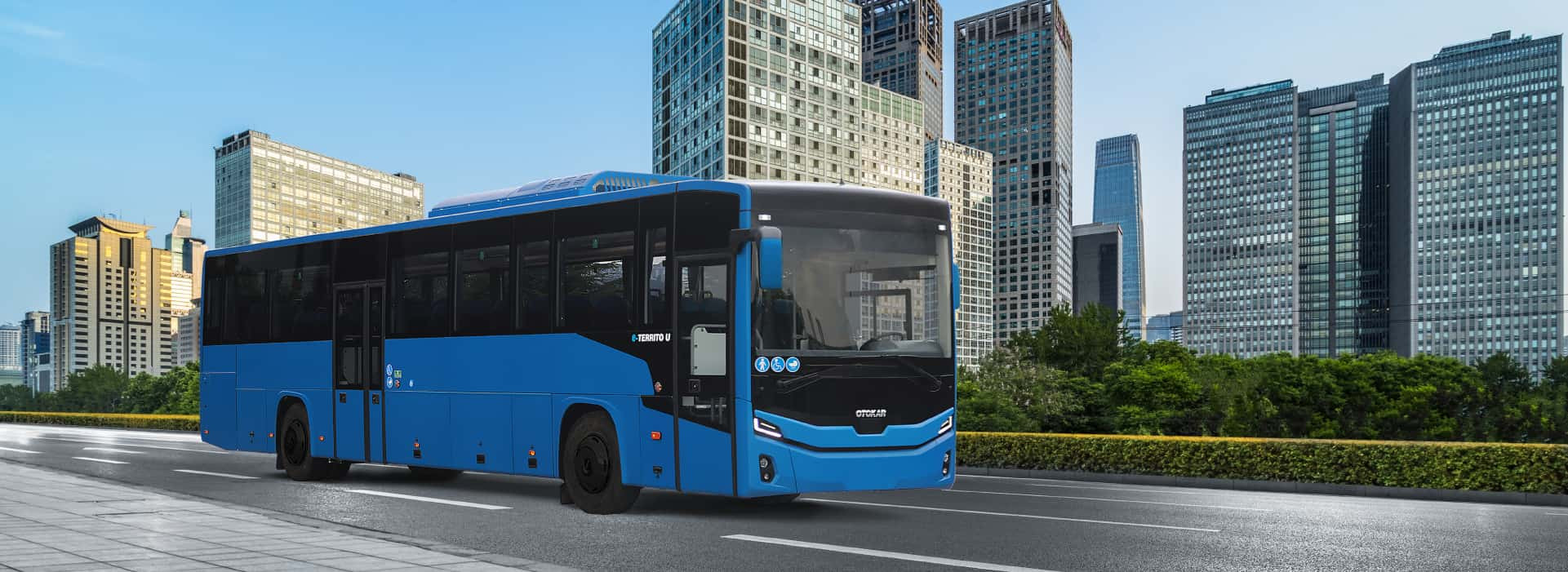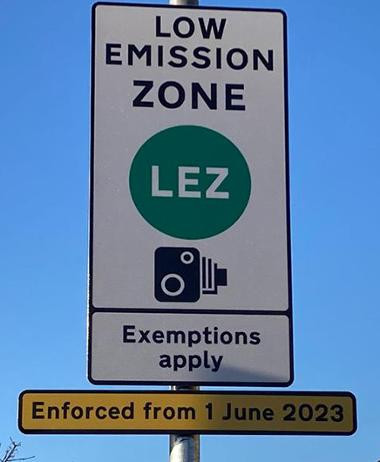Electrifying the Next Frontier: BAE Systems brings hybrid and electric solutions for intercity buses and coaches to Busworld
By Luke Willetts - 30th September 2025

BAE Systems’ Parallel-Hybrid System: Parallel Traction Unit, alongside Modular Power Electronics with transmission module.
Belgium – At Busworld Europe 2025 (Brussels Expo, 4–9 October), BAE Systems will showcase its latest hybrid and electric drive solutions for intercity buses and coaches. Visitors can explore these innovations at Hall 8, Booth 808a, where BAE Systems’ experts will be on hand to demonstrate how its proven technology can help operators and OEMs meet new regulatory and performance demands.
Having established itself as a leader in the electrification of urban buses worldwide, BAE Systems is now applying its scalable driveline technology to the next growth market: intercity buses and long-distance coaches. With stricter European emissions rules approaching and with Low Emission Zones increasingly restricting access to city centres, operators face new demands for cleaner, more flexible propulsion. BAE Systems’ solutions provide OEMs and operators with ready-for-market options to meet these requirements today.

Modern intercity coach entering a European city centre.
Why coaches are the next electrification challenge
Electrification has so far been concentrated where it offers the most immediate benefits (urban transit buses and last-mile delivery vehicles). Today, a significant share of new European city buses (especially in Continental Europe) are already delivered as fully electric or hybrid models, helping cities cut emissions, reduce operating costs, and comply with air-quality legislation.
But technology does not stand still. Advances in battery energy density, motor power-to-weight ratios, and manufacturing economies of scale are widening the scope of electrification to vehicles with more demanding duty cycles. Coaches and intercity buses, which must travel at higher average speeds, cover longer distances, and climb steeper gradients, are increasingly viable candidates for electrification.

City signage marking Low Emission Zone entry restrictions.
Regulations and restrictions driving change
For Europe’s intercity and coach operators, regulatory pressure is now coming from two directions. Firstly, the EU’s heavy-duty vehicle CO₂ regulations will impose stricter emission reduction requirements on manufacturers in the coming years (by 2030, all new coaches sold in the EU need to reduce CO2 emissions by an average of 45%). Secondly, Low and Zero Emission Zones in major cities are restricting access for vehicles without zero-emission capability.
The operational reality is clear: a coach may spend hours at motorway cruising speeds, but if it cannot enter city centres at the start or end of its route, it risks becoming commercially unviable. This creates a strong business case for flexible, hybrid or fully electric drivelines. The ability to operate emission-free in regulated zones while still delivering long-distance performance is quickly shifting from a “nice to have” to an operational necessity.
What makes coaches different?
While coaches and city buses share much of the same architecture (energy storage systems, power electronics, and control units), their duty cycles diverge in key ways. Coaches must sustain higher average speeds, tackle long motorway stretches, and climb steeper gradients.
This means coach propulsion systems require greater performance headroom than urban buses, which operate mostly at lower speeds with frequent stop-start cycles. Tailoring electric or hybrid drivelines to meet these more demanding profiles is essential if operators are to gain the same benefits already demonstrated in the transit sector.
Engineering solutions for higher performance
BAE Systems addresses these requirements with a combination of scalable electric motors and integrated transmissions. Instead of relying on oversized, heavy, and costly direct-drive motors, BAE incorporates gearboxes that allow compact motors to deliver the required performance across a wider range of operating conditions.
The gearbox configuration enables higher gradeability for hill climbing and reduces motor load at sustained motorway speeds. The result is a balanced system, lighter, more efficient and more cost-effective than an oversized direct-drive unit.
For applications where full electrification is not yet practical, BAE also offers a range of parallel hybrid systems, with or without a plug-in capability. These can allow coaches to operate in pure EV mode within city centres, then switch seamlessly to combustion power at higher speeds outside urban areas. The hybrid approach reduces upfront system costs by enabling relatively smaller batteries and lighter motors, while still achieving access to Low Emission Zones and delivering measurable fuel savings throughout their operational profile.
The operator benefit: cutting costs while meeting regulations
For operators, electrification offers benefits beyond compliance. Electric and hybrid drivelines cut fuel use, reduce emissions, and lower maintenance costs thanks to simpler driveline architecture with fewer moving parts.
Hybrids extend the service life of existing diesel engines while delivering measurable fuel savings. Fully electric systems avoid fuel costs altogether and, as battery and component prices continue to fall, the total cost of ownership becomes increasingly competitive with conventional propulsion.
In a sector where margins are tight and regulatory pressure is rising, the ability to combine compliance with long-term cost savings is a compelling proposition.
Strategic implications for OEMs and Busworld focus
For OEMs, the opportunity is clear: intercity and coach fleets represent the next major growth segment for electrification. By integrating BAE Systems’ proven technology, manufacturers can accelerate time-to-market with compliant, future-ready products.
That is why Busworld Europe 2025 at Brussels Expo (18–23 October) is a crucial event. At Hall 8, Booth 808a, BAE Systems will showcase its electrification solutions for coaches and intercity buses. With more than 25 years of experience and over 19,000 vehicles in service globally, visitors will have the opportunity to explore the technology up close and speak directly with experts about tailored solutions for their specific operational needs.

BAE Systems at Busworld Europe Brussels Expo
Coaches poised for electrification
The success of electric and hybrid city buses has proven the benefits of clean propulsion technology. Now, with tightening regulations and advancing drivetrain solutions, attention is shifting to intercity and coach fleets.
BAE Systems is uniquely positioned to support this transition, with flexible, configurable, and proven driveline systems already in service worldwide. By delivering both zero-emission capability for urban centres and high performance for long-distance travel, its solutions make coach electrification not only possible, but practical. For operators, OEMs, and fleet managers, Busworld Europe 2025 in Brussels is the perfect opportunity to see these innovations first-hand.



